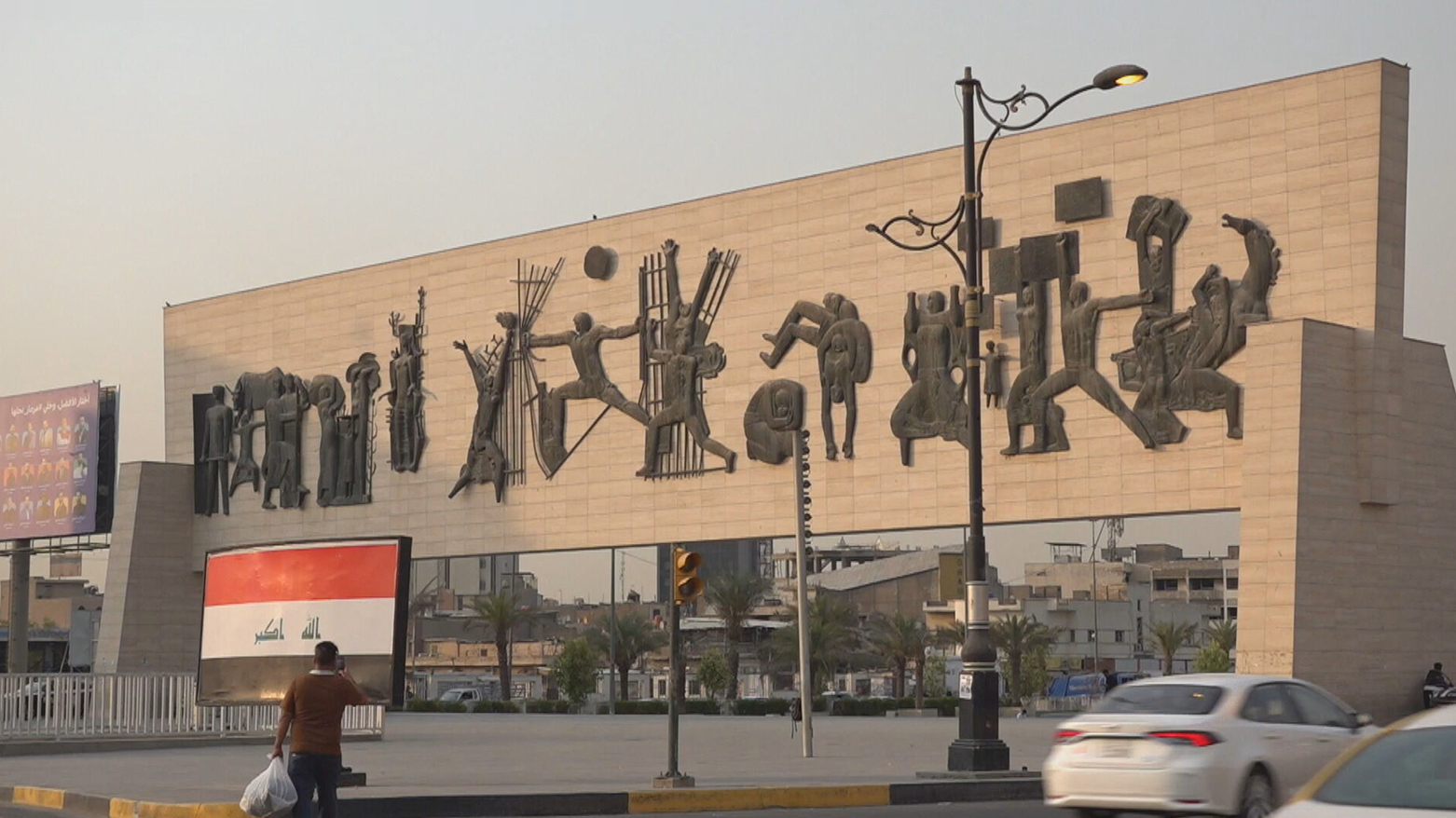US Criticizes Iraq-Iran Security Pact
Earlier this week, Ali Larijani, Secretary of Iran's Supreme National Security Council, visited Baghdad and signed a memorandum of understanding (MoU) with Iraqi National Security Advisor Qasim al-Araji.

ERBIL (Kurdistan24) – A newly signed security agreement between Iraq and Iran to safeguard their 1,400-kilometer shared border has drawn sharp criticism from the United States.
Earlier this week, Ali Larijani, Secretary of Iran's Supreme National Security Council, visited Baghdad and signed a memorandum of understanding (MoU) with Iraqi National Security Advisor Qasim al-Araji, under the supervision of Prime Minister Mohammad Shia al-Sudani.
Under the agreement, both countries will intensify border security measures, close eight headquarters belonging to Iranian opposition groups operating in Iraq, and facilitate the extradition of wanted individuals.
US State Department spokeswoman Tammy Bruce said late Tuesday that Washington supports “genuine Iraqi sovereignty, genuine Iraqi sovereignty, not legislation that would turn Iraq into an Iranian satellite state.” Analysts see the deal as running counter to US efforts to curb Tehran’s influence in the region.
Security analyst Wael Hazim told Kurdistan24 the agreement “will increase Iran’s presence” and predicted the international coalition could respond with a tougher stance, potentially imposing heavy sanctions on Iraq.
Seeking to ease concerns, Iraqi officials stressed that the agreement is not entirely new. National Security Advisor al-Araji said the provisions had already been in place for some time and that Larijani’s visit merely formalized them through the MoU.
The Iraqi Embassy in Washington also reaffirmed the country’s independence, stating: “Iraq is not subordinate to the policy of any other state, and that its decisions are guided solely by its independent national will.”
Fazel Abu Raghif, an advisor to the National Security Advisory Board, defended Baghdad’s position, noting Iraq’s sovereign right to foster strong relations with all its neighbors, including Kuwait, Jordan, Saudi Arabia, and Iran. “The common historical and civilizational ties between the Iraqi and Iranian peoples must be respected,” he said.